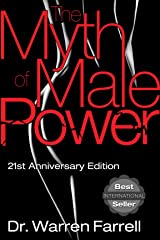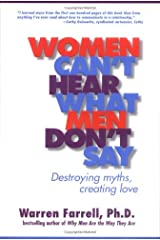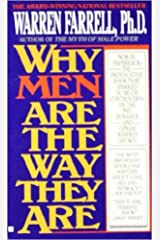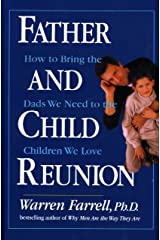Excerpt, The Boy Crisis pages 148-149
The verbal equivalent of dad-style roughhousing is dad-style teasing. While dad-style boundary enforcement teaches children the meaning of a red light, dad-style roughhousing and teasing provide practice with interpreting the nuances of a yellow light.
Arlene also complained to me, “The kids love playing with their dad, but Martin often teases them, and sometimes both Maggie and Marty Jr. break down crying. Especially Maggie. I can’t believe Martin doesn’t learn from their crying and stop. It makes me afraid to leave them alone with Martin. Especially Maggie.”
Martin responded, “You make it sound like they’re crying all the time. The crying is rare—and they’re over it in a few seconds and back to playing again. Besides, people in the world make fun of you; you have to know how to take it.”

Arlene didn’t buy it. “People in the world are also bullies; our job is protect our kids, not bully them.”
Who is right? Arlene and Martin. But because Arlene’s perspective is easier to understand—no good parent wants to bully their kids—let’s start by looking at the positive functions of teasing.
A dad teasing a child is like a doctor inoculating a child: the vaccine “teases” the child with a version of a real virus to help the child’s immune system grow strong enough to fight off the virus in the real world. However, while teasing can be a virtue, any virtue taken to its extreme becomes a vice.
Wait. Why did I say, “A dad teasing a child is like a doctor inoculating a child”? Because children are used to their dads teasing them as a part of play. Once, when Arlene tried to tease, Maggie broke into tears almost immediately. Maggie was used to her mom being empathetic and more serious—so in mom language, Maggie translated teasing as a serious criticism.
Maggie’s tears convinced Arlene she was right—“teasing is borderline bullying.” She couldn’t get what Martin thought he was teaching when he teased.
When Martin teased, he taught Maggie and Marty Jr. to interpret the meaning of a twinkle in his eye, slight alterations of his voice, shifts in his facial expression. Teasing is a core component of teaching emotional intelligence, dad-style.
Arlene was fighting for the children to be protected at the moment of impact. Martin felt he was preparing the children to be protected for a future moment. The children need some of both.
Arlene still argued that teasing did not make kids feel loved. And certainly, when teasing comes from the mouth of a nonteaser, it does get misinterpreted as criticism. But when the kids were around Martin, they learned dad language. They sensed that when Martin teased them, it was because he loved them.
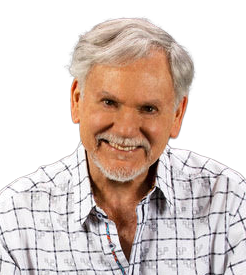
Dr. Warren Farrell has been chosen by the Financial Times as one of the world’s top 100 thought leaders. His books are published in over 50 countries, and in 19 languages. They include The New York Times best-seller, Why Men Are the Way They Are, plus the international best-seller, The Myth of Male Power. His most recent is The Boy Crisis, (audio version) (2018, co-authored with John Gray). The Boy Crisis was chosen as a finalist for the Foreword Indies award (the independent publishers’ award).
Dr. Farrell has been a pioneer in both the women’s movement (elected three times to the Board of N.O.W. in NYC) and the men’s movement (called by GQ Magazine “The Martin Luther King of the men’s movement”). He conducts couples’ communication workshops nationwide. He has appeared on over 1000 TV shows and been interviewed by Oprah, Barbara Walters, Peter Jennings, Katie Couric, Larry King, Tucker Carlson, Regis Philbin, Dr. Phil, Jordan Peterson, and Charlie Rose. He has frequently written for and been featured in The New York Times and publications worldwide. Dr. Farrell has two daughters, lives with his wife in Mill Valley, California, and virtually at www.warrenfarrell.com.

